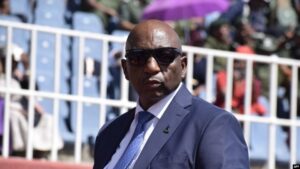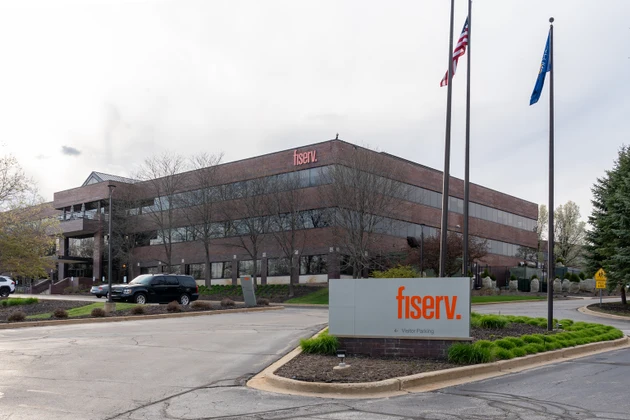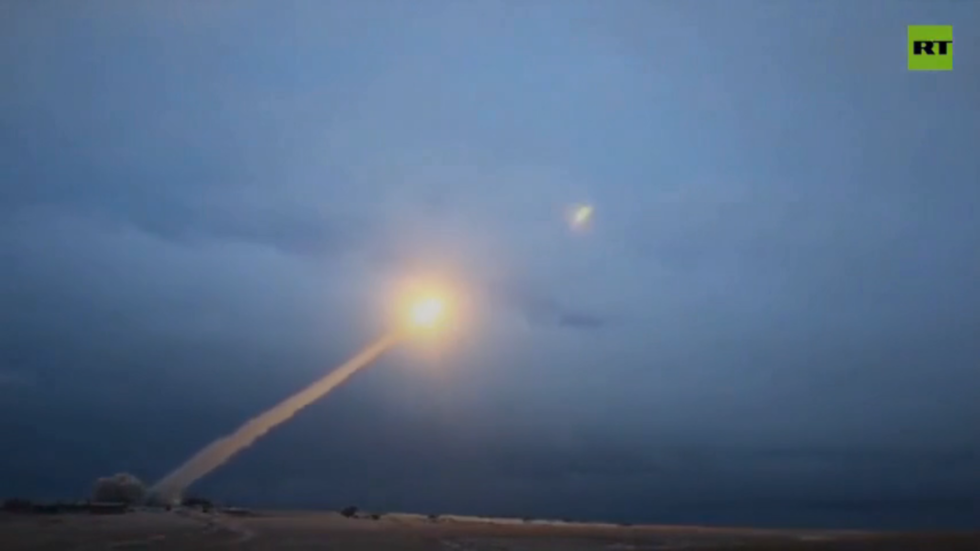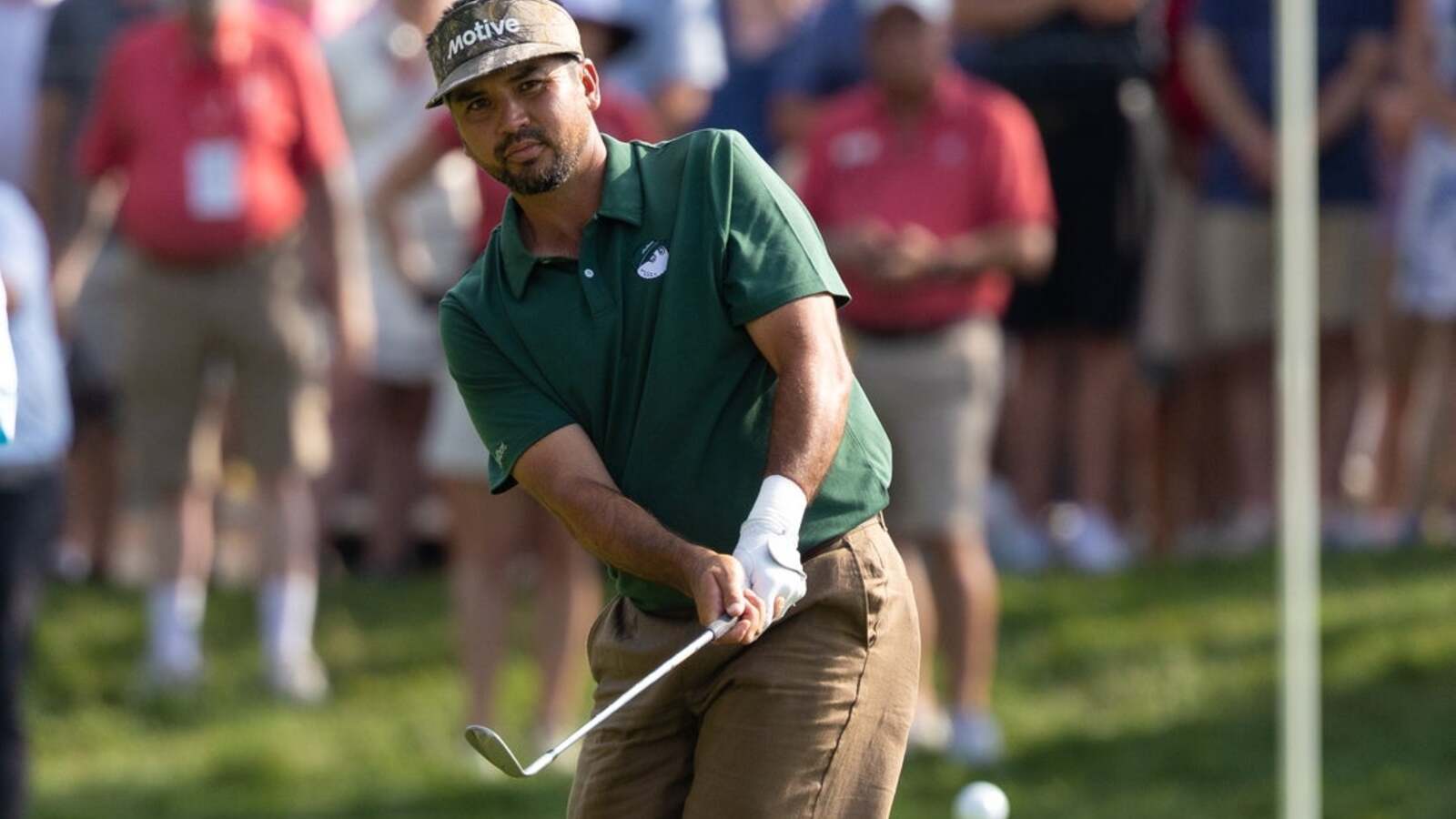Copyright publiceyenews

How Lesotho’s mothers are on a mission to save their children This story was produced with support from Paballo-ea-Bophelo. STAFF REPORTER BOTHA-BOTHE – At dawn, 22-year-old Nthabiseng Rapulunyane gently straps her three-year-old onto her back and steps into the biting morning air of Botha-Bothe, Lesotho. It is 5 a.m., and ahead of her lies a three-hour trek along a narrow, winding path that snakes between two towering mountains. The path is unforgiving — a mix of steep slopes, sharp rocks, and loose gravel that turns slippery with every step. Yet Nthabiseng walks on, a villager from Khutlo-sea-Ja, a remote community of fewer than 200 residents in Botha-Bothe. She is driven by a mother’s unwavering determination to protect her child from deadly but preventable diseases — measles and rubella. “I am used to walking these roads, and the distance will not hinder me from getting my child vaccinated,” Rapulunyane told Public Eye on October 23, 2025. She quickly added: “Of course, the weather may be a challenge if it rains because there is no road access even when we might want to use public transport.” Her child, aged three years and four months, is among 6 191 children under the age of five in Botha-Bothe who were targeted for vaccination, according to a headcount conducted by health authorities and their partners in the district. During the nationwide measles and rubella campaign, led by Lesotho’s Ministry of Health with support from United Nations Children’s Fund (UNICEF) Lesotho and the World Health Organisation, the little girl received the measles and rubella vaccine, along with the polio vaccine, Albendazole tablets to prevent intestinal worms, and Vitamin A supplements to promote healthy vision. Held every three years, the campaign focuses on protecting children under the age of five from preventable diseases. The 2025 drive ran from October 20 to 24, reaching families in even the most remote corners of the country — families like Rapulunyane’s, who are willing to walk for hours to give their children a healthier future. For Rapulunyane, the urgency of vaccination is deeply personal. Less than a year after her child was born — just six months into her life — Lesotho experienced a measles outbreak in the capital, Maseru. The outbreak served as a stark reminder of how quickly the disease can spread and underscored the critical need for comprehensive vaccination coverage to protect every child. Supporting these efforts, Gavi, the Vaccine Alliance, works with Lesotho to ensure children are shielded from deadly but preventable diseases. Gavi indicates that measles, one of the world’s most contagious viruses, can damage sight and hearing and even cause brain inflammation or pneumonia. Yet despite being preventable, outbreaks continue — even in wealthy nations. “In 2019, the USA experienced its largest measles outbreak in 25 years,” Gavi’s VaccineWorks reported, highlighting why campaigns that reach every child, even in the most remote villages, are so vital. Rapulunyane’s journey to protect her child mirrors a broader continental effort to prevent disease outbreaks. While mothers in rural Lesotho walk hours for vaccines, Africa Centres for Disease Control and Prevention (Africa CDC) and its partners are working to ensure that no community — no matter how remote — is left vulnerable. Lesotho benefits from continental efforts to prevent disease outbreaks The Lesotho measles and rubella campaign coincided with the 4th International Conference on Public Health in Africa (CPHIA), held in Durban, South Africa, from October 21 to 25, 2025. Africa CDC Deputy Director General, Dr Raji Tajudeen Mohamed, told journalists that ordinary citizens across the continent should care about the conference because it provides a platform for African health leaders to share innovations and updates in public health and the global health ecosystem. Dr Mohamed explained that the conference highlights best practices from experienced professionals that can be replicated, as well as lessons on what has not worked and should not be continued. More than 800 scientists attended this conference. “Very important as well is also an opportunity for our young, upcoming researchers to present their own work and also to learn from others so that at the end of the day, we are able to shape the public health space on the continent; we are able to use the outcome of this meeting to inform our health security agenda,” Dr Mohamed said. Referencing a popular saying that “we are only as strong as our weakest link,” Dr Mohamed highlighted the vulnerability of communities in remote areas. “The lady in the mountainous regions of Lesotho,” he said, referring to women like Rapulunyane, is at risk from any outbreak on the continent if African health leaders do not have the capacity to quickly contain it. To address this, Africa CDC is leveraging technology to strengthen disease surveillance and monitoring across the continent. “We have been able to use that to also allow us to predict through some sort of early warning system to be able to know what are the chances that this outbreak will happen. We have also been able to use technology to monitor cases, a very smart surveillance. We also have what we call the Public Health Emergency Operations Centre that allow you to have visibility of what is happening everywhere as far as the continent is concerned. And being able to coordinate that space whenever there is any outbreak, using data that is coming in. Going forward, it’s not just about Africa CDC alone. It’s also about bringing our member states on board and we have a very ambitious project around digital health, starting with our primary health care centre because we know that every disease outbreak begins and ends in the community.” Dr Mohamed said. He added that the success of this approach depends on bringing member states on board, particularly through ambitious digital health initiatives starting at primary health care centres, because “every disease outbreak begins and ends in the community.” On the second day of the conference, Africa CDC hosted a side-line event for African health leaders. The discussion focused on how the continent is — and can further — strengthen Risk Communication and Community Engagement (RCCE) and Social Behaviour Change (SBC) frameworks within an evolving public health ecosystem. Participants emphasised that all health interventions, including access to life-saving vaccines, should be people-centred. Health should not be treated as purely technical but as a social issue requiring an understanding of communities’ realities. To make this approach practical, Bryan N’gambi, the African Medical and Research Foundation (AMREF) Regional Programme Officer for the Southern African Region, explained that his organisation works with ministries of health in 22 countries, including Lesotho, to ensure vaccines reach even the most remote areas under harsh conditions. “There is also the issue of harsh weather conditions, which I mentioned earlier, but specifically for Lesotho. In these cases, we have supported the country by hiring horses so that vaccines can reach communities in difficult-to-access terrains,” N’gambi said. Khutlo-sea-Ja is one of many rural areas in Lesotho only reachable by horse or on foot, requiring a two- to three-hour walk to reach the nearest vaccination point. Knowledge versus accessibility There is a popular saying that knowledge is power. While many people in urban Lesotho believe they have enough information to make informed decisions about vaccination, the reality is different in remote rural villages where access to information is limited. For instance, all 18 interviewees with Public Eye said they had learned about the MR campaign from VHWs, either through public gatherings or house-to-house visits. Yet, despite these outreach efforts, knowledge gaps remain. Out of 18 interviews conducted with community members and local chiefs, 15 respondents admitted they did not know what rubella is. While most had heard of measles, few understood that it could be fatal. This shows how much parents rely on trusted sources of information, particularly Village Health Workers, to guide their decisions. ‘Masetenane Mahase from Ha Ratšele walked an hour to reach the vaccination site with her almost five-year-old daughter. “I get information on health matters from Village Health Workers (VHWs) and the clinic. I always make sure my child gets vaccinated on time,” Mahase told Public Eye. She explained that a VHW had visited her home to inform her about the campaign, and she also attended a public gathering where the importance of vaccines and other services was discussed. “It is not the first time my child gets vaccinated. She was vaccinated during the 2022 MR campaign, and there were no side effects — just like my neighbours’ children,” she added, smiling as she pointed to another villager. Village Health Workers themselves acknowledge the communication gap. VHW Lechesa Maama said even among health volunteers, there is a lack of understanding of certain diseases. “There is still a lack of knowledge among us as VHWs on many health-related issues. This gap sometimes creates challenges between us and the communities we are trying hard to educate,” he said. “We knew about this campaign, but we didn’t have detailed information such as the possible consequences if a child contracts the disease. I didn’t know at first that a mother could lose a child from rubella-related complications. This shows the need for continuous information-sharing workshops for VHWs, so we can keep teaching communities, not only during campaigns,” he emphasised. Lesotho’s Health Minister, Selibe Mochoboroane, has referred to VHWs as the backbone of the health system. During the launch of the measles and rubella campaign on October 16, 2025, in Quthing, he said: “To my most trusted baton, village health workers. You ladies and gentlemen, you know every child in your village aged below five.” He added that VHWs were given tablets to digitally record the number of children vaccinated in their villages. “You have already given us the total number of children in your villages. We do not expect even one child to miss the vaccine.”



